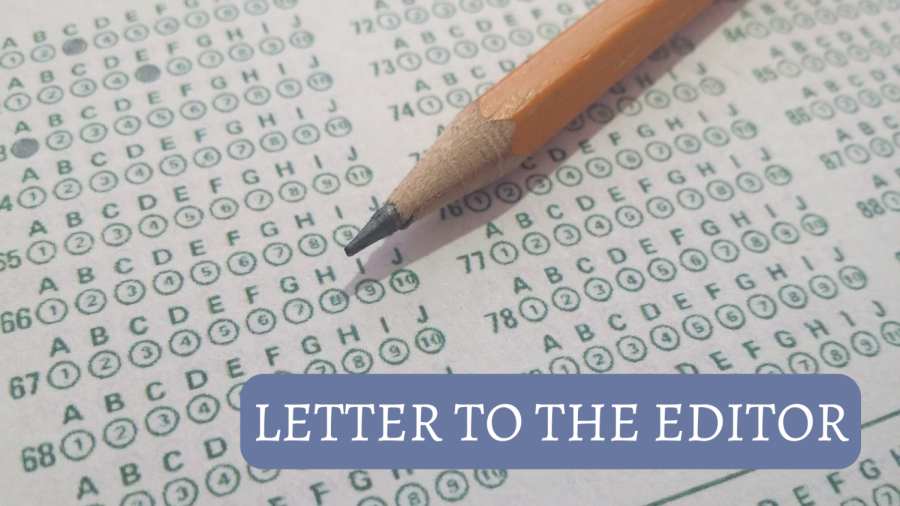[vc_row][vc_column][jnews_element_newsticker compatible_column_notice=”” number_post=”5″ post_offset=”0″][vc_empty_space][/vc_column][/vc_row][vc_row][vc_column][jnews_post_title][vc_empty_space][jnews_post_content][jnews_post_author compatible_column_notice=””][/vc_column][/vc_row][vc_row][vc_column][jnews_element_ads compatible_column_notice=”” ads_type=”image” ads_image=”275″ ads_image_link=”#”][/jnews_element_ads][/vc_column][/vc_row]
In the 2016 presidential election, just 56 percent of eligible voters cast their ballots. American citizens who chose no one exceeded the number who chose either Hillary Clinton or Donald Trump, and in many counties, surpassed votes cast for both of them combined. Turnout for midterm elections tend to be even more abysmal than presidential ones: In 2018, a year with record-high midterm voting rates, only 49.3 percent of the voting population turned out.
There is a simple solution. The United States, like around 13 percent of countries around the world, could implement compulsory voting. In Belgium, Turkey, and Australia, all countries with mandatory voting, turnout regularly exceeds 80 percent, leaving the U.S. in the dust.
A mandatory voting policy provides citizens a small nudge, reminding them of their civic duty. It signals to the electorate that the government wishes everyone to express their will and values every person’s voice, not just the opinions of the well-educated, wealthy or traditionally politically active. The resultant higher turnout would increasing democratic legitimacy, while light penalties and spoilt ballots would continue to maintain a person’s right to abstain rather than vote randomly for a candidate they do not support.
More importantly, compulsory voting can undermine voter suppression by cementing an ethic that everyone should vote. As Justin Levit, a voting expert at Loyola Law School, told Vox, “[I]n some places [in the United States] there are active measures to make it harder to vote, and in some places there’s an absent effort to make it easier to vote.”
Voter suppression has a long history in the U.S.— grandfather clauses, literacy tests, and state-sanctioned intimidation kept African Americans from voting during the Jim Crow era —
but it also enjoyed a revival in recent years. According to the Brennan Center for Justice, 11 states have passed laws that make it harder for citizens to vote since 2010. Elections officials have been closing polling places in select neighborhoods, usually those in minority-dominated or low-income districts. Legislators have passed voter ID laws that disproportionately impact minority communities, and states have carried out mass purges of voter rolls.
Compulsory voting places an obligation on the government to ease the voting process, encouraging initiatives such as automatic voter registration, early voting, mail-in ballots, making Election Day a federal holiday, or voting period extensions.
A mandatory voting law is an effective solution to America’s chronically low turnout, making the voting process more equitable and the government more democratic.


![The snack bar serves different lunch
boxes everyday. [AIDEN SHEN/THE BLUE & GOLD]](https://blueandgoldonline.org/wp-content/uploads/2023/12/Price-849x1200.jpeg)
![The live-action remake of Snow White from Disney is projected to release in March of 2024. [LOGO COURTESY OF THE WALT DISNEY COMPANY/WALT DISNEY].](https://blueandgoldonline.org/wp-content/uploads/2023/11/unnamed-1200x848.png)



